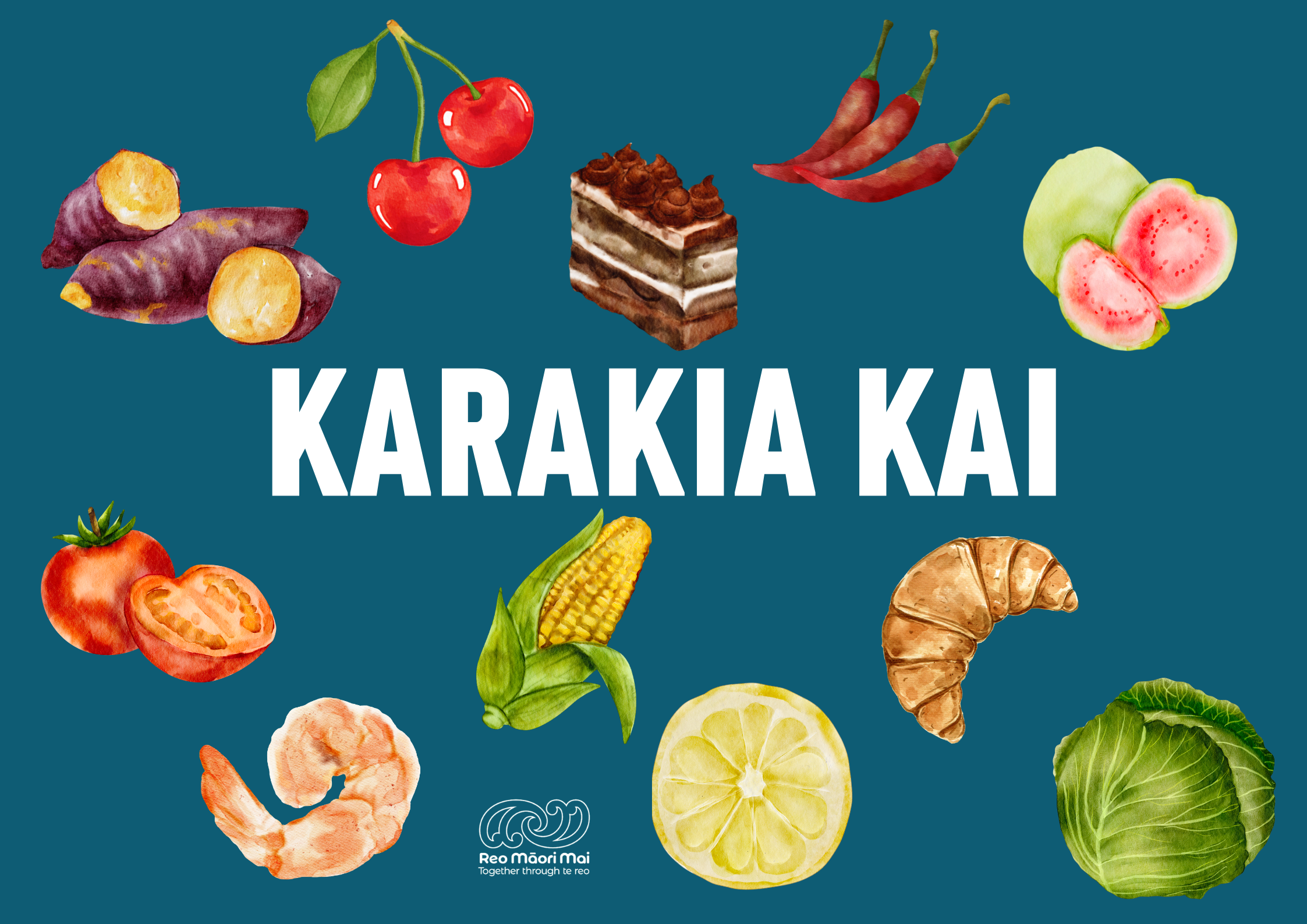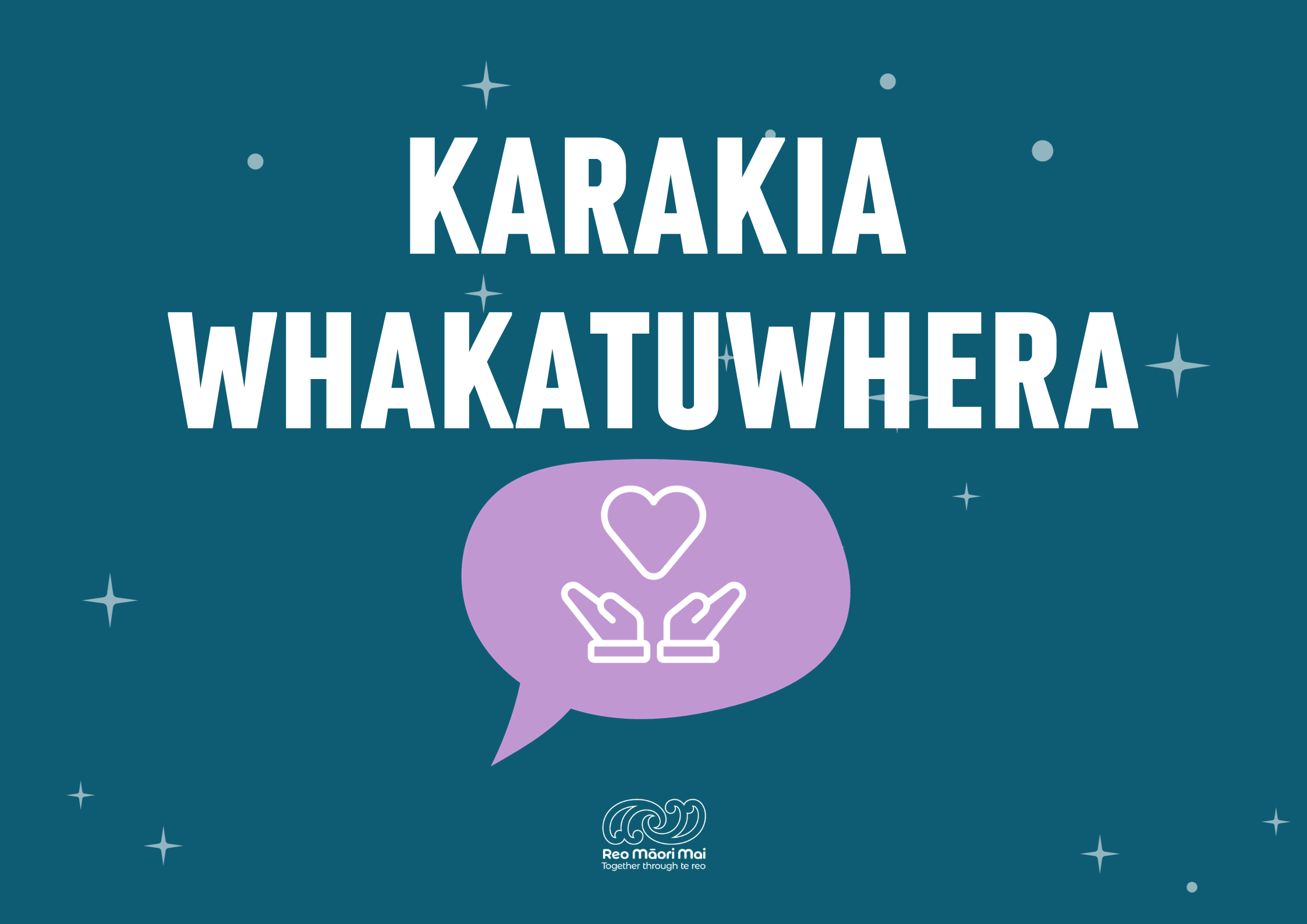Karakia are an important aspect of te ao Māori. They are used in many different contexts, and both formal and informal situations. To learn more about karakia in general, including how to begin them, check out our karakia blog. It is important to use the right kind of karakia for your specific context.
The purpose of karakia whakakapi (also referred to as karakia whakamutunga) are to close or finish something - for example; a lesson, a meeting, a wānanga, or the day. The intention of karakia whakakapi are to thank people for their work to achieve the intended outcomes, to signify the closing of the particular space/time, and to express the hope that future work continues smoothly.
When looking at the translations of these karakia, please note that sometimes English words cannot fully encapsulate the essence of the kupu Māori (Māori words) used - therefore literal translations should be considered metaphorically.
The karakia we have chosen to offer are non-religious, which we hope makes them accessible to as many people as possible. The kiriata (videos) below run through the whole karakia, then go through it line by line with time for an echo, and then share the translation.
Ka Whakairia Te Tapu
This karakia whakakapi speaks about clearing any restrictions to go about daily life.
Tēnei Te Huinga
This karakia whakakapi was composed by Leon Heketū Blake.




1 comment
Rongopai Samuel
Tena koutou mo enei karakia.
Tena koutou mo enei karakia.